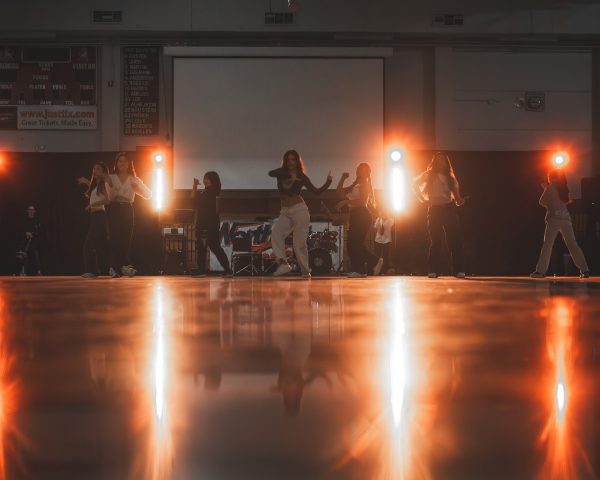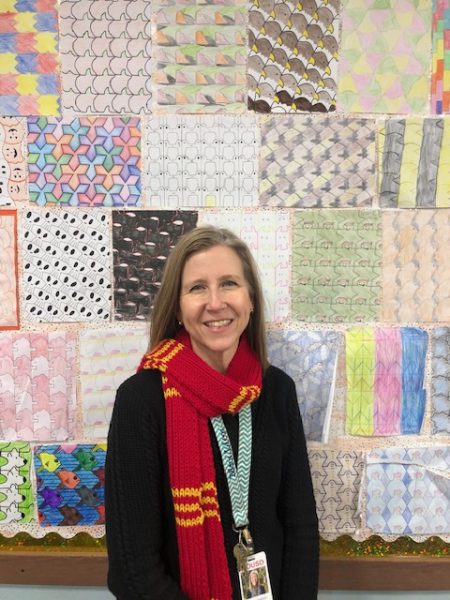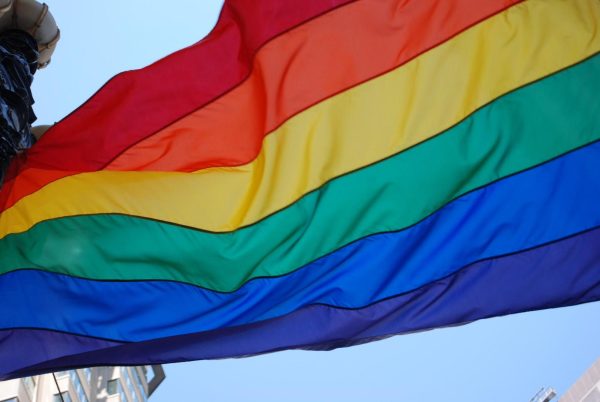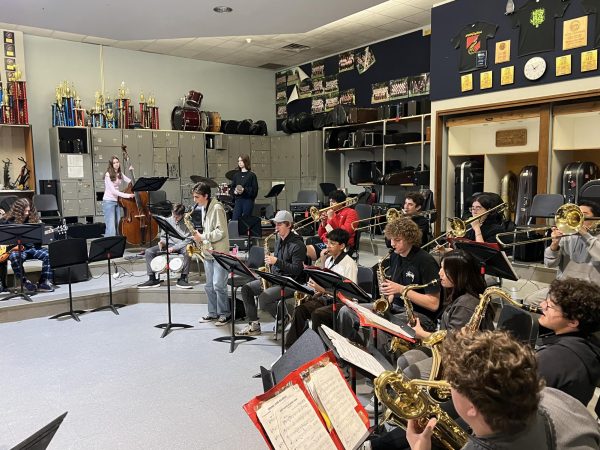Refugee athletes take small spotlight at Rio Olympics
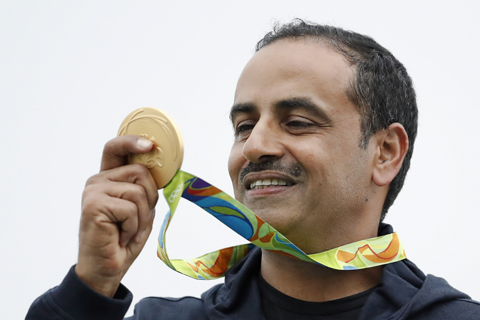
Fehaid Aldeehani, an athlete from Kuwait representing the Olympic Refugee Team won a gold medal in the men’s double trap event at the Rio Olympics in 2016.
We all enjoyed watching the countries of the world join together and compete in the 2016 Rio Olympics, but did anyone notice the homeless competitors?
There were ten and they were sprinkled among three different events. We might not have seen them on the medal podium but they made a powerful impact.
This year, the International Olympic Committee (IOC) made the addition of a refugee team to the Olympics. This team was made up of ten athletes who had fled their home countries for safety issues such as war, or natural disaster. They competed under the Olympic flag and were given $2 million to train for their events. The IOC wanted to show their support, and raise awareness for the refugee crisis, happening in many countries.
One of the goals of creating a refugee team was to send a message of hope to refugees across the world. One of the athletes, Yonas Kinde, said this in a pre-race interview about competing: “We are ten refugees selected by the IOC and their flag leads us. Sixty-five million follow us, more than one country. We are inspiring them.”
Just recently a new study has come out with the total number of refugees in the world.
There are currently 65.3 million refugees that have fled their countries for safety. That’s one out of every 113 people on Earth and it’s a 5.8 million people increase from last year. We have not had that many refugees worldwide since WWII.
The athletes competing included six track and field competitors, two swimmers,and two judo competitors. They symbolically represented more than just ten people. They represented a huge population of the world, living in refugee camps, looking for jobs in new countries, and searching for safety in a new home. In fact, they represented millions of people worldwide, people without homes and communities that most of us take for granted.
One of the athletes, a competitive swimmer named Yusra Mardini, escaped war torn Syria by boat. When the boat began to capsize, she saved twenty people by swimming for three hours in open water, safely completing the trip to Germany. Another athlete, a track and field competitor named Rose Nathike Lokonyen, discovered her talent during a 10k competition at her refugee camp in Kenya. Up until a year ago, she had never had shoes to run with. Two of the Olympic athletes fled Sudan after being recruited as child soldiers and were living in refugee camps. Many of the ten had been separated from their families, and one even fled her country with only her siblings after the murder of their parent.
The athletes have their own inspiring stories, and are filled with athletic talent. They did not grow up with fancy training facilities, and many did not have coaches. They trained by running wherever they could, with whatever resources they had. Even though none of them came home with the gold, their contribution to the world is even more significant. They educated us all with their stories, with their triumphs, and with the hope they brought to refugees all over the world today.




